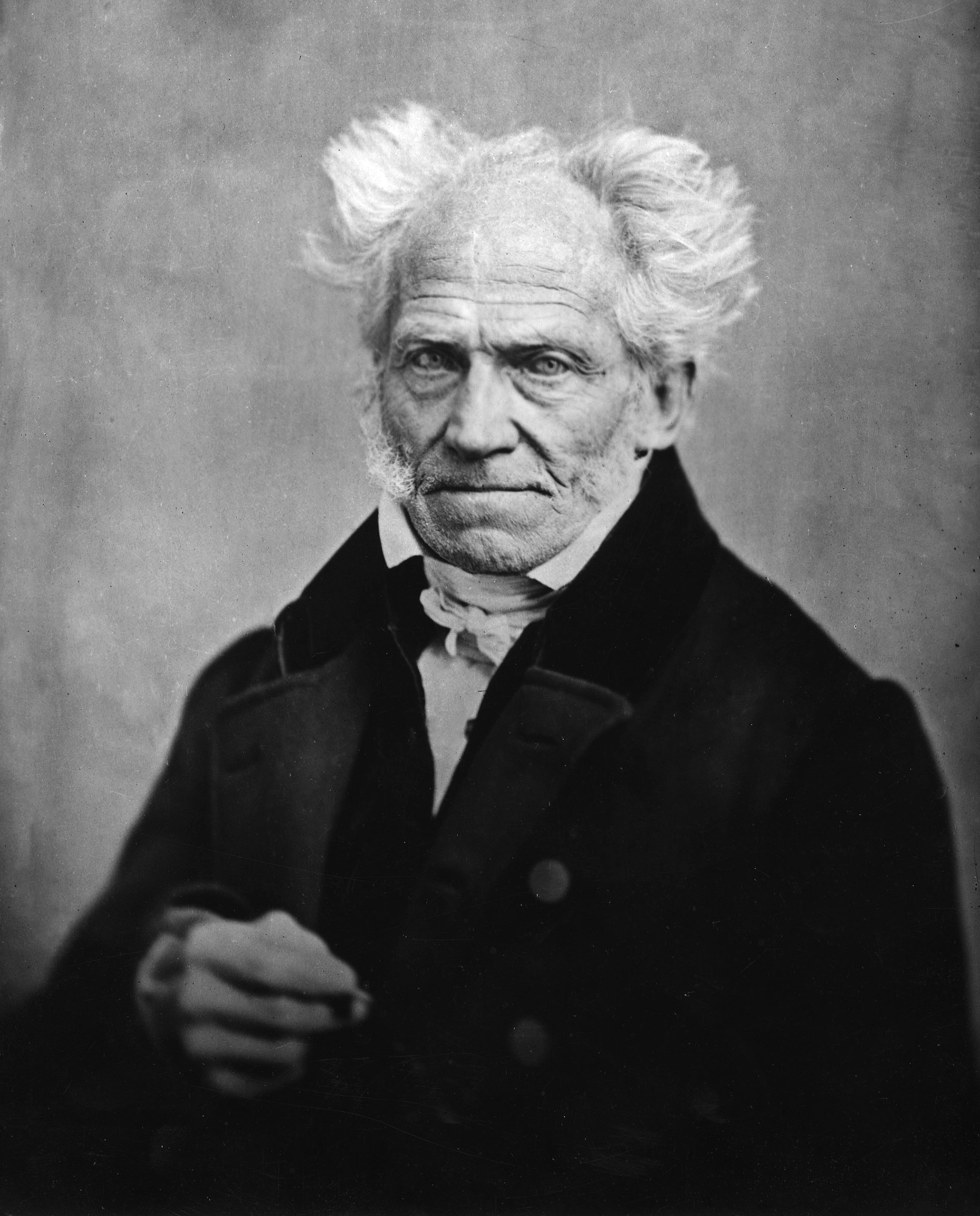
The winning entry in a competition held by the Royal Norwegian Society of Sciences, Schopenhauer's 1839 essay brought its author international recognition. Its brilliant and elegant treatments of free will and determinism elevated it to a classic of Western philosophy, and its penetrating reflections still remain relevant. Schopenhauer makes a distinction between freedom of acting (which he endorses) and the freedom of willing (which he refutes). The philosopher regards human activity as entirely determined, but he also posits that the variety of freedom that cannot be established in the sphere of human activity resides at the level of individuated will—a reality that transcends all dependency on outside factors. Because the essay's clear and rigorous argument reveals many basic features of his thought, it forms a useful introduction to Schopenhauer for students of philosophy or religion.
Author

Arthur Schopenhauer was born in the city of Danzig (then part of the Polish–Lithuanian Commonwealth; present day Gdańsk, Poland) and was a German philosopher best known for his work The World as Will and Representation. Schopenhauer attempted to make his career as an academic by correcting and expanding Immanuel Kant's philosophy concerning the way in which we experience the world. He was the son of author Johanna Schopenhauer and the older brother of Adele Schopenhauer.